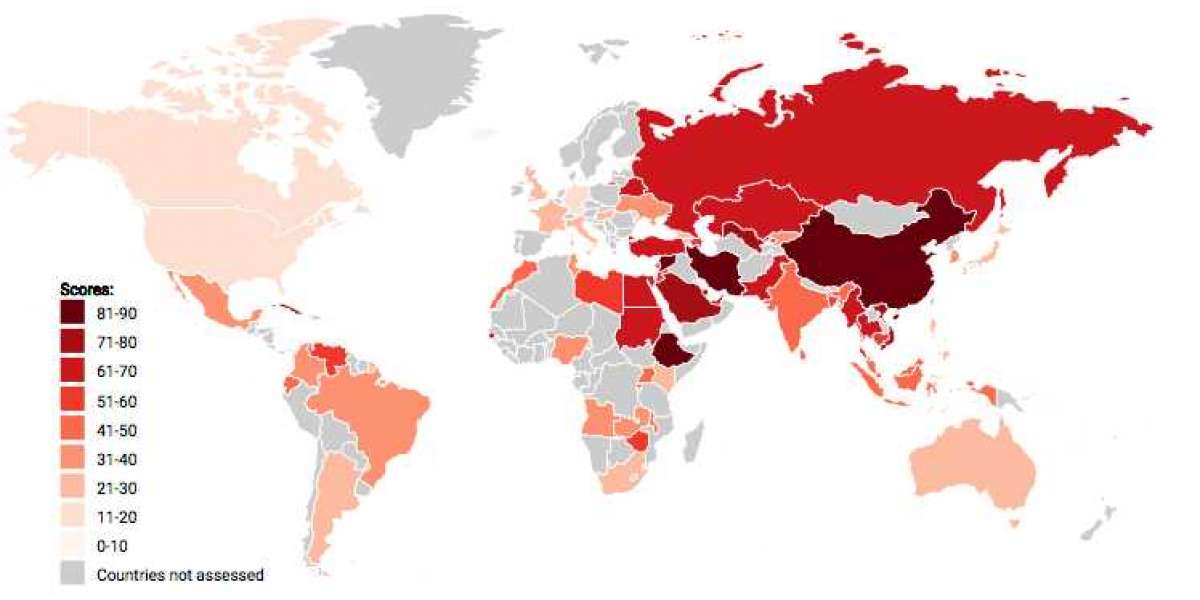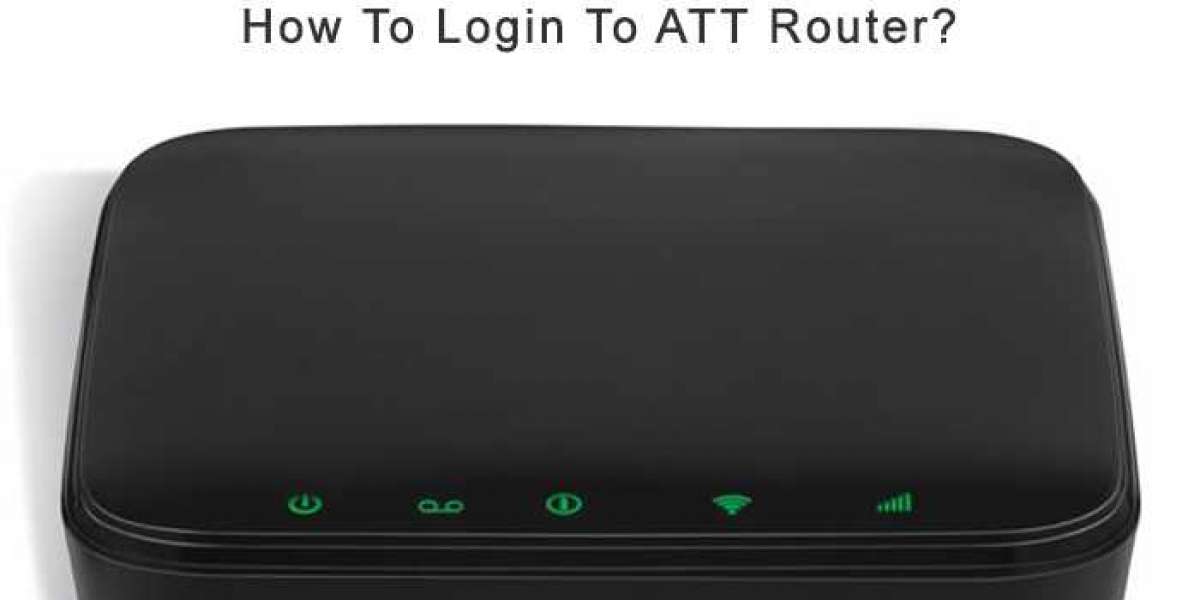Media censorship is the act of controlling, suppressing, or prohibiting certain aspects of the media. It can be carried out by governments, private organizations, or individuals, and can take various forms, including editorial control, legal sanctions, or violent coercion. Many countries have been known to engage in media censorship to varying degrees, with some being more notorious than others.
Here are some countries that are known for media censorship:
China: China is perhaps the most famous country for media censorship. The government has strict control over what information is published in the media, and often censors or blocks websites that it deems inappropriate. Social media platforms like Facebook, Twitter, and Instagram are banned in China, and the government has developed its own versions of these platforms that are heavily monitored and censored.
North Korea: North Korea is another country that is notorious for its media censorship. The government controls all media outlets and strictly regulates what information is published. Citizens are only allowed to access state-controlled news sources, which often disseminate propaganda in support of the ruling regime.
Iran: Iran has a long history of media censorship, with the government controlling all major media outlets and suppressing dissenting voices. Journalists who speak out against the government can face imprisonment or other forms of persecution.
Saudi Arabia: Saudi Arabia is known for its strict controls on the media, with censorship extending to social media platforms like Twitter and Facebook. The government has been known to block access to websites that it deems inappropriate, and critics of the government can face severe punishments.
Russia: Russia has a complex relationship with media censorship, with some outlets enjoying relative freedom while others are heavily censored or shut down. The government has been known to use legal and extralegal means to suppress dissenting voices and to control the narrative in the media.
Turkey: Turkey has experienced a significant decline in media freedom in recent years, with the government cracking down on journalists and media outlets that are critical of its policies. The government has been known to use legal means to silence opposition voices, and there have been instances of violence against journalists who speak out against the government.
Vietnam: Vietnam is known for its strict media controls, with the government tightly regulating what information is published and who is allowed to publish it. Independent journalists and bloggers who speak out against the government can face imprisonment or other forms of persecution.
Egypt: Egypt has a long history of media censorship, with the government controlling all major media outlets and suppressing dissenting voices. Journalists who speak out against the government can face imprisonment or other forms of persecution.
Belarus: Belarus is known for its strict controls on the media, with the government heavily regulating what information is published and who is allowed to publish it. Independent journalists and bloggers who speak out against the government can face imprisonment or other forms of persecution.
Eritrea: Eritrea is often considered one of the most repressive countries in the world when it comes to media freedom. The government controls all media outlets, and independent journalists who speak out against the government can face imprisonment or other forms of persecution.
In conclusion, media censorship is a widespread phenomenon that occurs in varying degrees in many countries around the world. While some countries are known for their strict controls on the media, others have more relaxed policies. It is essential to advocate for media freedom and to support the work of journalists and independent media outlets in countries where censorship is a significant problem.




Alphonsus Odumu 5 w
Media censorship